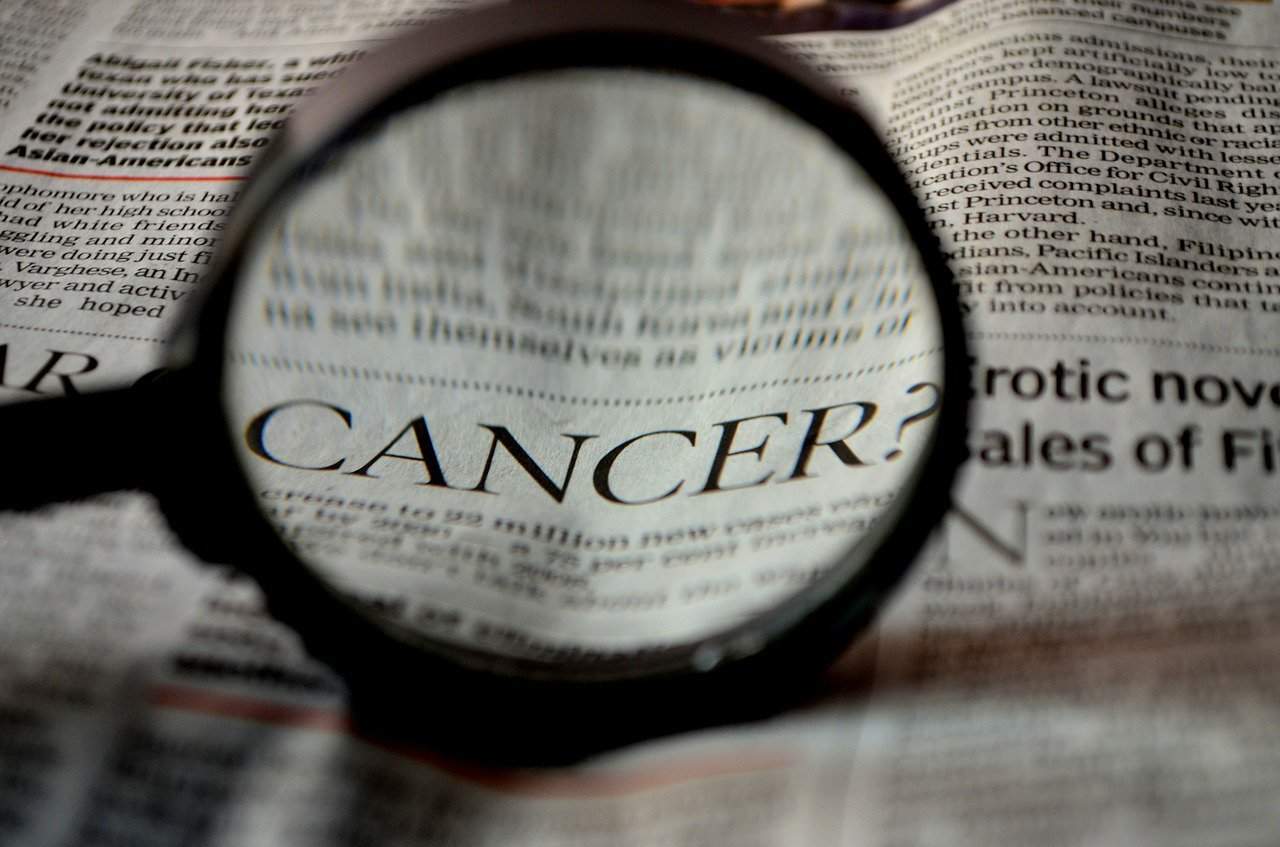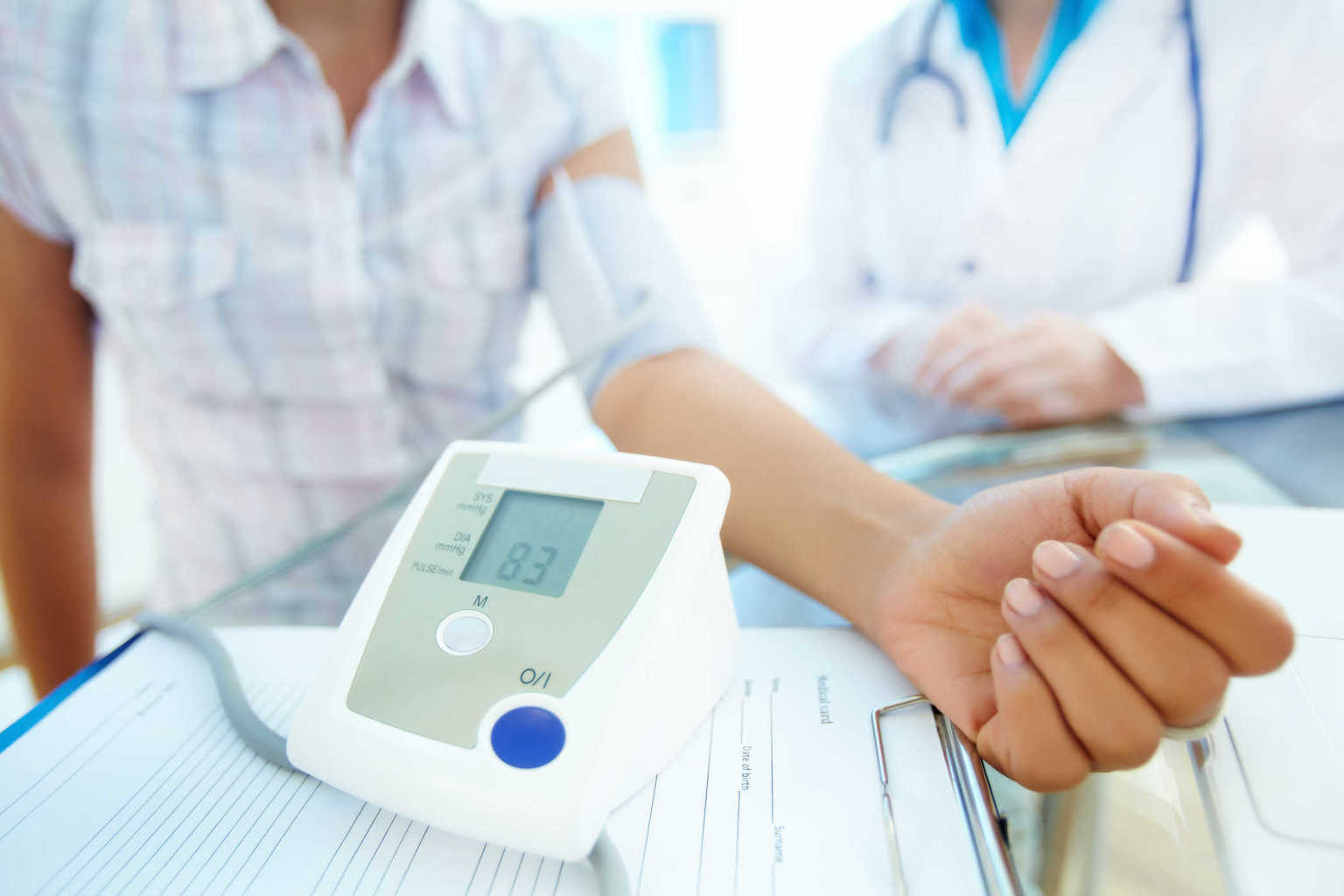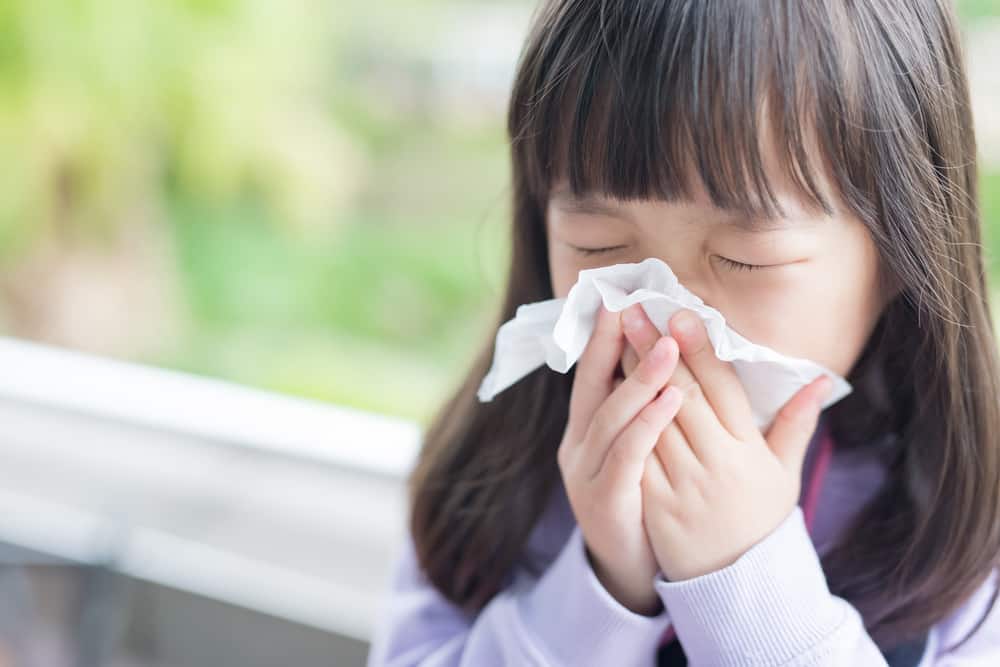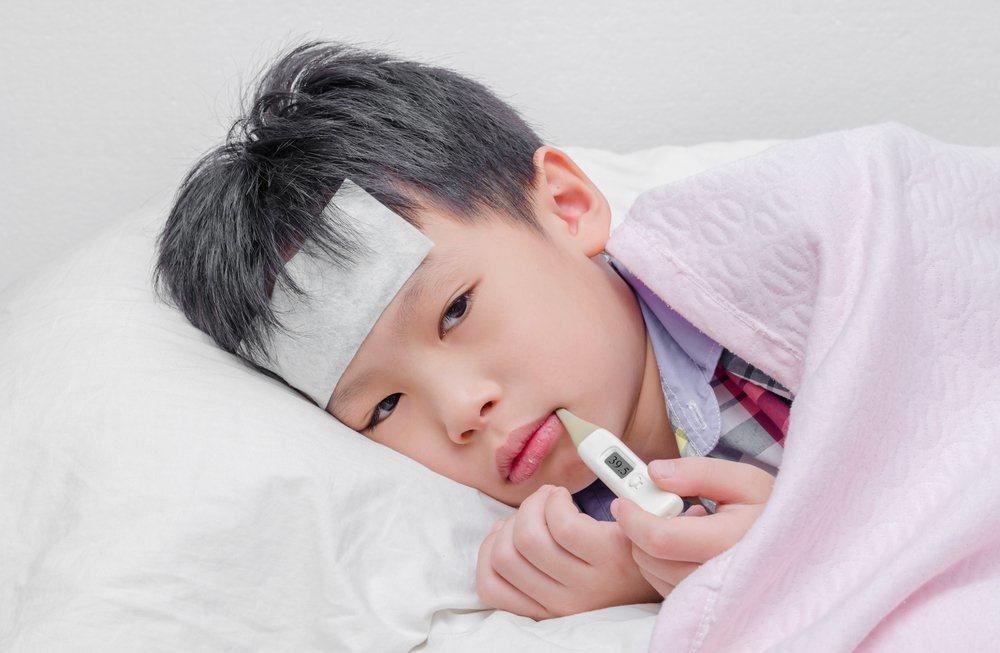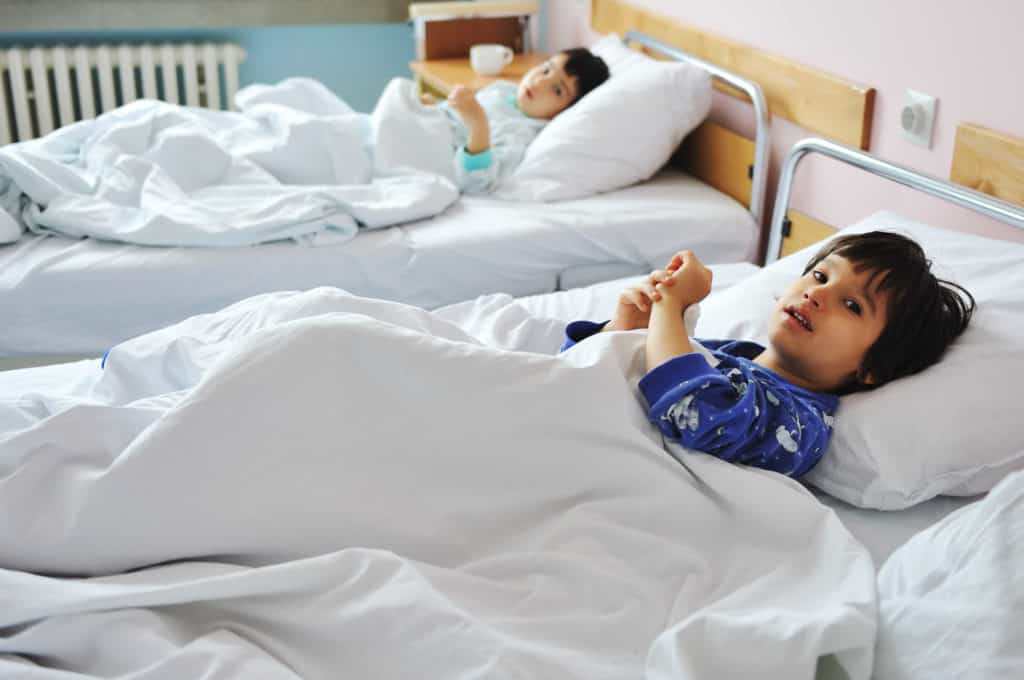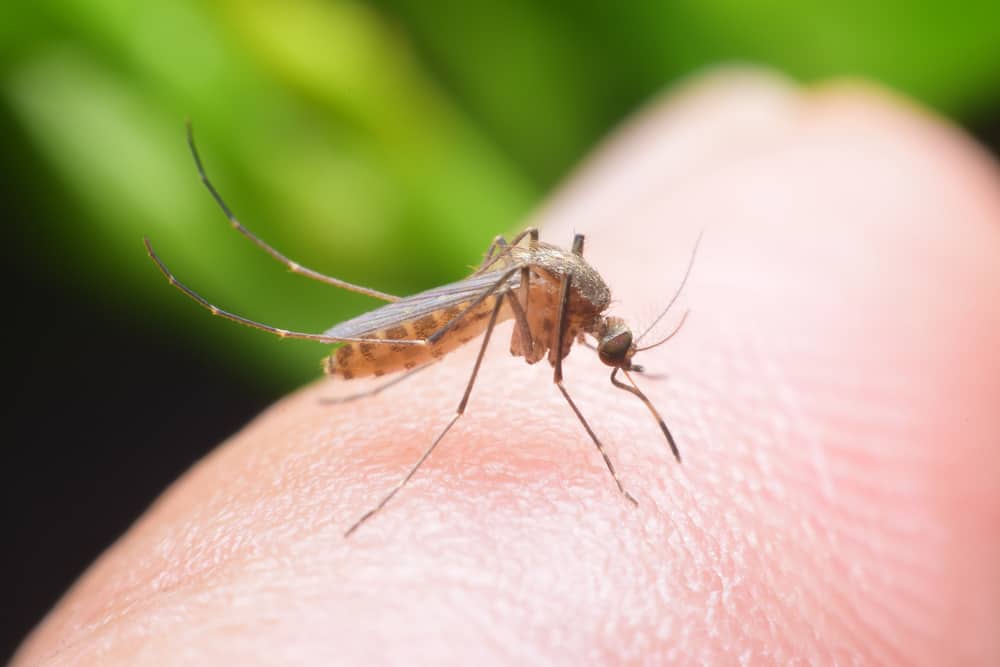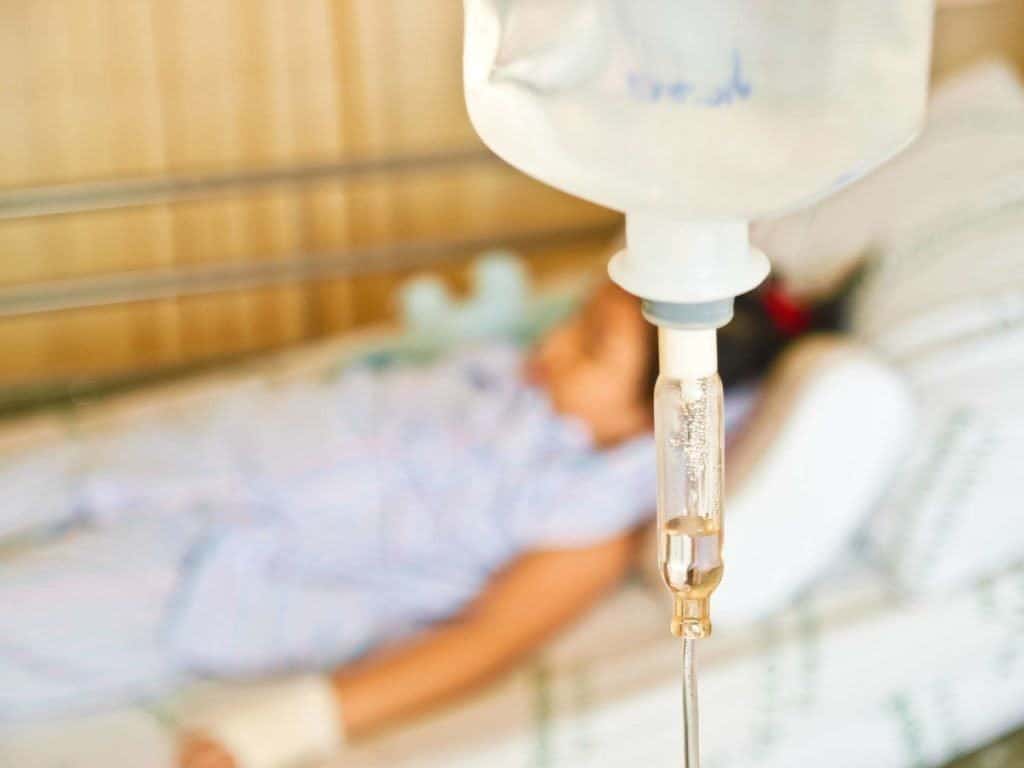Contents:
- Medical Video: Introduction to Hereditary Cancer
- The trigger factor for cancer
- 1. Sporadic cancer
- 2. Familial cancer
- 3. Hereditary cancer
- Having a family member who has cancer does not mean you are at risk of getting cancer
- Who is most at risk of cancer due to heredity?
- Can I get cancer if there are no cancer offspring?
Medical Video: Introduction to Hereditary Cancer
Cancer is one of the dangerous diseases that can cause death. One reason you can get cancer is genetic or hereditary factors. If you have cancer in your family, your risk of getting cancer is greater. But, are you sure to suffer from cancer? Maybe not necessarily. What about those who don't have cancer offspring at all, does that mean they are free from cancer? To find out the answer, please refer to the following review.
The trigger factor for cancer
Many factors can cause cancer, from genetic to lifestyle. For those of you who have cancerous offspring or there are members of your family who have cancer, maybe you will be anxious whether you can also get this disease.
Actually, cancer can happen to you in three ways, namely:
1. Sporadic cancer
This means that you can get cancer even if you have no cancer offspring at all or no member of your family has cancer. About 60% of cancers occur this way. There are many factors besides genetic factors that can cause cancer, including the habit of drinking alcohol, chemicals that can cause cancer, chronic inflammation, eating habits, obesity, infectious agents, radiation, sunlight, smoking, and others.
2. Familial cancer
Cancer is caused by gene factors and environments that work together, so that it can cause cancer. In this case, each factor contributes to the risk of the cancer you suffer. The development of cancer risk depends on how much genetic factors you carry and environmental factors that interact with these genes. This cancer can appear in the family, but does not follow the pattern of cancerous descent.
3. Hereditary cancer
Cancer is associated with changes in a single gene (such as BRCA1 or BRCA2, which is a hereditary factor in breast cancer and ovarian cancer). Cancer cases caused by heredity are very small. In fact, only 5-10% of cases of breast cancer and colon cancer are caused by changes in a single gene. This gene change was derived with an autosomal dominant inheritance pattern in the family. That is, every child of every person who carries a change in a single gene has a 50% chance of inheriting a change in that gene.
Having a family member who has cancer does not mean you are at risk of getting cancer
In one family that has a single gene offspring there is a pattern of inheritance of certain types of cancer in the family. Although in your family there are family members who have cancer, it does not mean that in that family there is a single gene that can inherit cancer.
To find out if there is a single gene in the family, you need further examination at a very expensive cost. An easy way to find out if there is a single gene in one family is to see who and how many family members have cancer and at what age they have cancer.
Who is most at risk of cancer due to heredity?
You have a high risk of developing cancer if the situation in your family is as follows:
- There are more than 2 family members from the same family side (from the father's family or mother's family) who have cancer
- They suffer from the same type of cancer, or different types of cancer caused by changes in the same gene
- They have cancer at a young age, under 50 years old
The more family members who suffer from cancer and the younger they are diagnosed with cancer, the greater the cancer heredity in your family. That is, cancer in your family is most likely a cancer caused by a hereditary gene that has undergone a change.
So, if your family has a family member who has cancer, that does not mean that in your family there is a single gene that inherits cancer. You must investigate further. Cancer that occurs in old age is more likely caused by environmental factors, not hereditary factors.
If it's true that your family has cancer inheritance genes, you should not worry because you still have time to reduce your risk of getting cancer. You need to change your lifestyle into a healthy lifestyle. Genetic risk factors are similar to non-genetic risk factors, both of which can cause cancer if not prevented.
So, that does not mean you will definitely suffer from cancer if you have cancerous offspring. This depends on how much influence the gene has on the development of the cancer and other factors that can support the development of cancer.
Can I get cancer if there are no cancer offspring?
Yes. Besides genetic factors, the risk of cancer can be developed from non-genetic factors, such as the environment. Cancer can occur due to natural genetic changes throughout a person's life as a result of aging and exposure to environmental factors, such as tobacco smoke and radiation. Another factor that can also affect your risk of getting cancer is lifestyle, starting from what kind of food you eat, how much you eat, to whether you exercise regularly.
So, that does not mean that you do not have cancer heredity, is completely free from cancer risk. It is important for you, whether or not you have a genetic factor in cancer, to always adopt a healthy lifestyle as an effort to prevent cancer.
READ ALSO
- Knowing Rat Rodent, Herbal Medicine for Cancer
- More Clear About Carcinogens, Compounds that Cause Cancer
- Differentiating Normal Flies and Skin Cancer Moles

